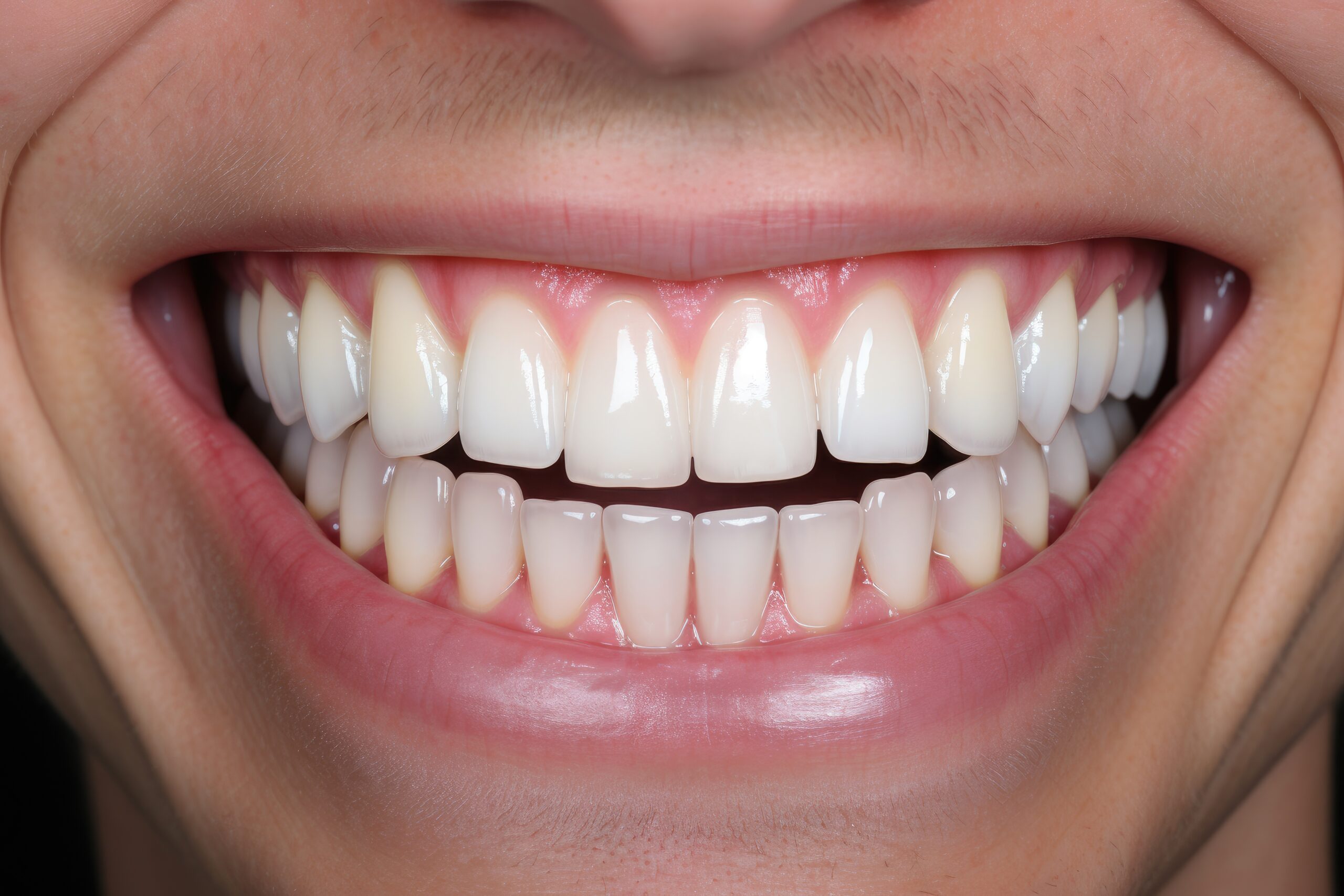Ever wondered if that minty-fresh mouthwash in your bathroom cabinet is doing more harm than good? Unfortunately, recent findings have suggested that may be the case. Let’s dive into the potential risks of commercial mouthwashes and explore natural alternatives that can keep your breath fresh and your mouth healthy—without the unwanted side effects.
The Hidden Dangers of Commercial Mouthwashes
Commercial mouthwashes often promise to kill germs and freshen breath, but some contain ingredients that may pose health risks. Let’s take a closer look at a few of these components:
1. Alcohol
Many mouthwashes contain high levels of alcohol, sometimes up to 27% by volume. While alcohol can kill bacteria, it also has a drying effect on the mouth, which can lead to bad breath and irritation. Moreover, some studies have suggested a potential link between alcohol-containing mouthwashes and an increased risk of oral cancer, though the evidence is not conclusive.
2. Chlorhexidine
Chlorhexidine is a powerful antiseptic found in some mouthwashes. While effective against bacteria, its overuse can disrupt the natural balance of oral flora, potentially leading to staining of the teeth and altered taste sensation.
3. Artificial Colors and Flavors
The vibrant colors and strong flavors of many mouthwashes come from artificial additives. These substances can cause allergic reactions or sensitivities in some individuals.
Notable Concerns with Specific Brands
Certain mouthwash brands have faced scrutiny due to potential health risks:
- Listerine: A class-action lawsuit filed in 2024 alleges that regular use of Listerine mouthwash can lead to the proliferation of bacteria linked to cancer, such as Streptococcus anginosus and Fusobacterium nucleatum. The lawsuit claims that the manufacturers failed to warn consumers about this potential risk.
- Colgate Total: This toothpaste contains triclosan, an antibacterial agent that has been linked to cancer in some studies. While not a mouthwash, it’s worth noting due to its oral health implications.
Natural Alternatives
If you’re looking to freshen your breath and maintain oral health without the potential risks associated with commercial mouthwashes, consider these natural alternatives:
1. Saltwater Rinse
Benefits: Saltwater rinses are a time-tested remedy for oral health. They can help reduce inflammation, soothe sore throats, and promote healing of oral tissues.
How to Use: Dissolve half a teaspoon of salt in a cup of warm water. Swish the solution around your mouth for about 30 seconds, then spit it out. Repeat up to three times daily.
2. Baking Soda Solution
Benefits: Baking soda neutralizes acids in the mouth, reducing the risk of tooth decay and gum disease. It also has mild abrasive properties that can help whiten teeth.
How to Use: Mix half a teaspoon of baking soda in a cup of warm water. Swish the mixture in your mouth for 30 seconds before spitting it out. Use once daily.
3. Aloe Vera Juice
Benefits: Aloe vera has anti-inflammatory and antimicrobial properties, making it effective in reducing plaque and soothing gum inflammation.
How to Use: Ensure you’re using pure, food-grade aloe vera juice. Swish about two tablespoons in your mouth for 30 seconds, then spit it out. Use twice daily.
Suggested Product: George’s Aloe Vera Juice
4. Green Tea
Benefits: Green tea contains catechins, which have antioxidant and antimicrobial properties. Regular use can help reduce plaque formation and improve gum health.
How to Use: Brew a cup of green tea and let it cool to a comfortable temperature. Swish the tea in your mouth for 30 seconds, then spit it out. Use once or twice daily.
5. Oil Pulling with Coconut Oil
Benefits: Oil pulling is an ancient practice that involves swishing oil in the mouth to remove bacteria and promote oral hygiene. Coconut oil, in particular, has antimicrobial properties and can help reduce plaque and gingivitis.
How to Use: Place a tablespoon of coconut oil in your mouth. Swish it around for 10-15 minutes, then spit it out into a trash can (to avoid clogging pipes). Rinse your mouth with warm water afterward. Perform this once daily, preferably in the morning before eating.
Suggested Product: Guru Nanda Pulling Oil
Making the Switch: Tips for Transitioning to Natural Mouthwashes
Transitioning to natural mouthwashes can be a refreshing change for your oral health routine. Here are some tips to help you make the switch:
- Start Gradually: Introduce natural rinses into your routine slowly, allowing your mouth to adjust.
- Monitor Your Oral Health: Pay attention to how your mouth feels and looks. If you notice any adverse reactions, discontinue use and consult a dental professional.
- Maintain Good Oral Hygiene: Remember, mouthwash is just one part of oral care. Continue brushing twice daily and flossing regularly.
Conclusion
While commercial mouthwashes offer convenience and a quick fix for bad breath, it’s essential to be aware of their potential health risks. Natural alternatives provide effective ways to maintain oral hygiene without exposing yourself to potentially harmful chemicals. By making informed choices, you can keep your smile bright and your mouth healthy.
Have you tried any natural mouthwash alternatives? Share your experiences and tips in the comments below!
Sources:
- Mayo Clinic. “Magic mouthwash: Effective for chemotherapy mouth sores?”
- Verywell Health. “Magic Mouthwash: Uses, Ingredients, and Side Effects.”
- ClassAction.org. “Listerine Class Action Lawsuit Says Regular Use Can Increase Cancer-Causing Bacteria.”
- Medical Daily. “Colgate Total Is FDA-Approved, Even With Known Cancer-Causing Ingredient.”
- MD Anderson Cancer Center. “Mouth Sores from Chemotherapy.”


